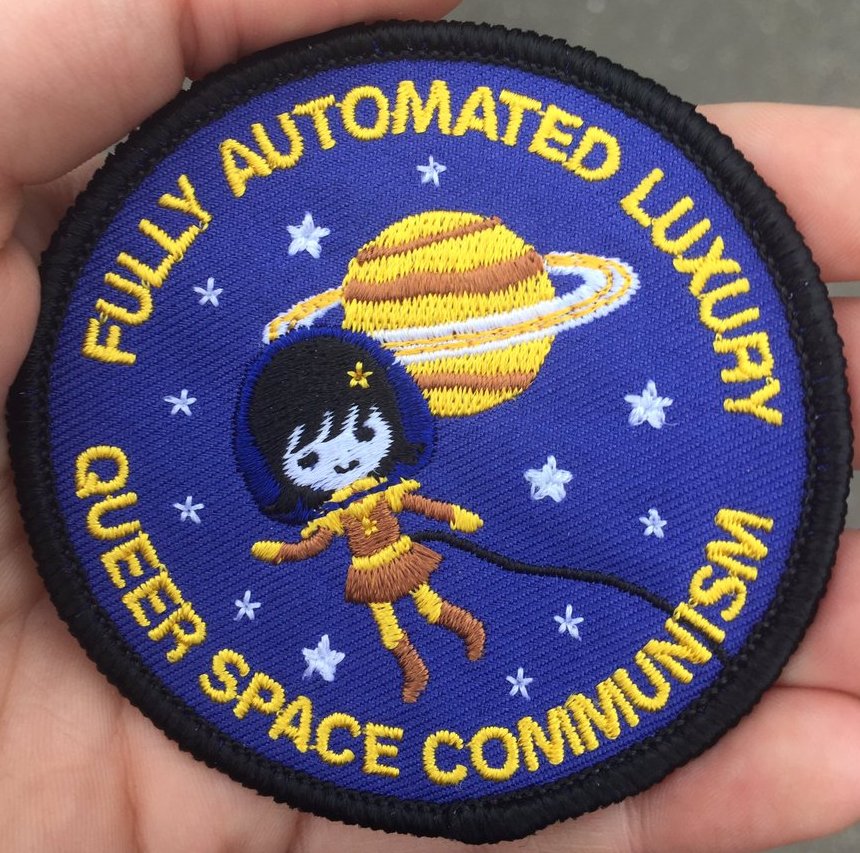Well, this is hardly worth doing – only 9 posts this year, a new record low. The usual reasons – a new job, attention sucked away by Twitter and Facebook and family. Not to mention the truly ghastly state of political reality.
I had a number of clever posts that I started and couldn't quite finish, on political matters from a theoretical point of view. Like the finer points of agonizing about Nazi-punching, or the more general (and quite interesting) questions of how speech and ideas relate to action, violent and otherwise; and how politics and morality make use of one another. I think there were some good insights in there, but somehow they all felt inadequate to the historical moment. The worst aspects of politics -- the ones that get people killed -- are no longer matter of mere theory. That՚s not to say I've come up with any more effective tactics for fighting encroaching fascism than writing about it.We live in an era where what was thought to be the solid foundations of a system of power are in fact crumbling. It might not have been a great system of power – god knows I spent a lot of energy hating it – but it seemed fairly permanent. The sixties generation was going to tear it down, but instead eased deftly into running it. There՚s a newer generation of radicals now, one that hates them, and managed to have in a very short time done far more damage to the existing power structure than Abbie Hoffman ever dreamed of. And their values are almost reflexively opposed to anything valued by the comfortable liberals that the hippies morphed into – eg, tolerance, equality, caring. These anodyne values (basically what՚s left after the revolutionary spirit settled down and opened up a card and candle shop) suddenly are controversial, oppressive, and under attack by an insurgent army who inexplicably are opposed to these seemingly-obviously good things.
That is to say, the relationship between politics and morality (and economy and technology and culture and values and basically everything) has never seemed more important than it is right now, when foundational questions are being raised. And since these are topics that I find intensely interesting and like to write about, you՚d think I՚d write more. But frankly it՚s hard to justify an interest in, say, the abstract dynamical laws of coalition formation, when there is an actual struggle going on and an actual coalition to be part of.
My own perspective on this stuff is colored by having encountered the alt.right long before most people, in its embryonic intellectual phase. I feel oddly proud of having picked up on this early, but in fact I had no idea it was going to be anything important. Did I know that this obscure, hyper-nerdy blogger would in short time be two social links aways from the actual President of the Fucking United States? No, of course not. Moldbug's stuff was interesting to me because it called into question things that most people take for granted -- let's call it cosmopolitan liberal civilization, the default ideology of intelligent people. I didn't realize that the questioning was the vanguard of an broader actual attack on the foundations of liberalism, just like the original fascism was. I certainly had no clue that the attack would get to this point.
Some of my better posts from last year:
- The last non-meta post of the year sort of sums up my political state of mind.
- My trip to see the eclipse and another attempt at getting my hippie on.
- An update to my old post that floated the notion that corporations were the real form of possibly-malevolent artificial intelligence.
Why do I think that AI and capitalism are ideological cousins? Both are forms of systematized instrumental rationality. Both are human creations and thus imbued with human goals, but both seem to be capable of evolving autonomous system-level goals (and thus identities) that transcend their origin. Both promise to generate enormous wealth, while simultaneously threatening utter destruction. Both seem to induce strong but divergent emotional/intellectual reactions, both negative and positive. Both are in supposed to be rule-based (capitalism is bound by laws, AI is bound by the formal rules of computation) but constantly threaten to burst through their constraints. They both seem to inspire in some a kind of spiritual rapture, either of transcendence or eschaton.And speaking of spiritual rapture, here՚s something that works for me.










